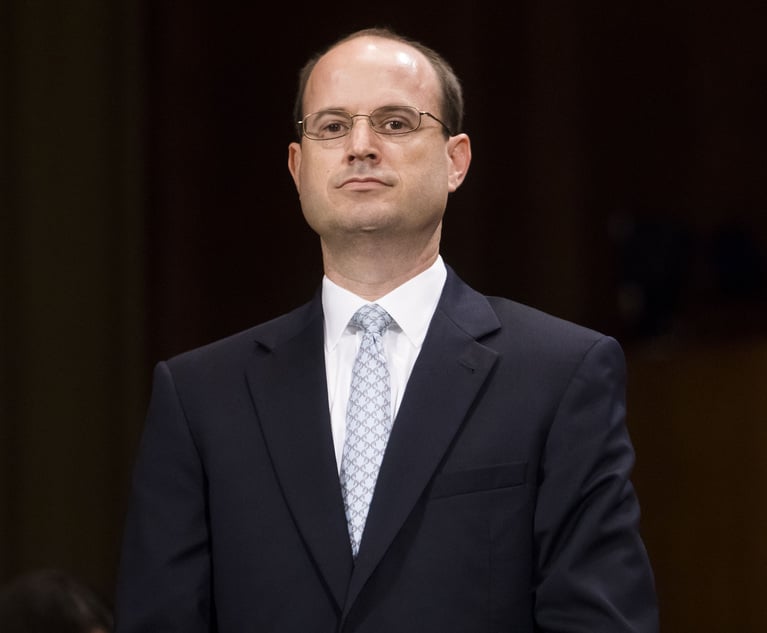In 2017, 11.3 million Americans identified as lesbian, gay or bisexual with roughly 20% of them reporting they experienced workplace discrimination because of their sexual preferences. While it has been long accepted that gender stereotyping is not allowed under Title VII of the Civil Rights Act’s prohibition on discrimination “because of sex,” there has been confusion in the circuit courts over whether this prohibition also covers sexual orientation and gender identity discrimination, including claims that being gay, lesbian, or transgender constitutes nonconformity with a gender stereotype.
In the 6-3 ruling in Bockstock v. Clayton County, the U.S. Supreme Court eliminated any confusion by determining that employers cannot discipline, fire, fail or refuse to hire, or otherwise discriminate against an employee (or prospective employee) for being homosexual or transgendered. In other words, sexual orientation and gender identity discrimination violates Title VII’s prohibition on discrimination “because of sex.”


 Kayla Platt Rady Associate RumbergerKirk Tallahassee
Kayla Platt Rady Associate RumbergerKirk Tallahassee




